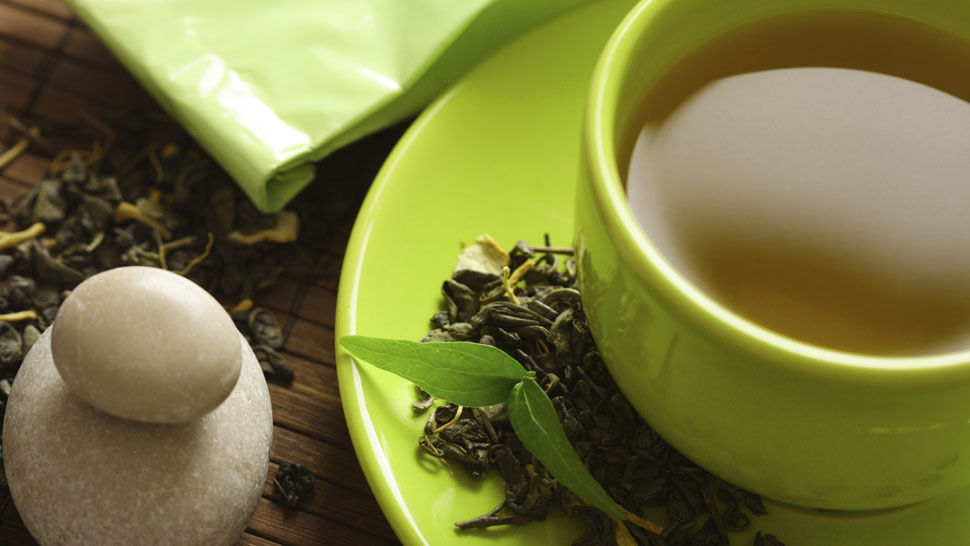
Foods and beverages that include sodium are the most dehydrating, whereas plain water or herbal teas are the most hydrating. Sugar increases your body’s water needs due to the amount of water required to metabolize sugar, so while sugary drinks may taste refreshing at first, they actually can be dehydrating. Caffeine can have some diuretic effects, though a small amount, such as 1-2 cups of coffee or tea, won’t have significant dehydrating effects. Drink more than that and you will see some dehydrating effects.
Here’s a quick guide for how your food or beverage will affect hydration.
Food and beverages from best to worst
Most Hydrating
Beverages that are all or mostly water
- Herbal teas
- Infused water
- Water (still or sparkling)
High water foods
- Broth based soups and stews
- Fruit such as melons, berries, citrus, and tomatoes
- Vegetables such as cucumber, radishes, lettuce, celery
Other Beverages that Hydrate but Add Calories
- Milk
- 100 percent fruit juice
Can Be Hydrating
Beverages with caffeine OR sugar OR artificial sweeteners
- Unsweetened coffee or tea
- Decaffeinated and/or diet soda
- Sugar-sweetened sports drinks*
- Decaffeinated sugary coffee drinks
Most Dehydrating
Beverages with caffeine AND Sugar
- Regular Soda
- Energy Drinks
- Sweetened coffee and tea
- Other coffee beverages with added sugar
High salt, low water
- Anchovies
- Olives
- Pickles
- Salty condiments
*Sugar-Sweetened Sports Drinks: For anyone engaged in moderate to high intensity exercise that lasts an hour or longer, sports drinks are more appropriate than water in order to replace carbohydrate stores and electrolytes.
Everyone’s hydration needs are different, and your needs depend on your age, physical activity level and your environment. Active people that live in warm climates will need more water than those that are not very active and live in cooler climates, for example. Stay hydrated by drinking water regularly throughout the day.
Learn how to hydrate the healthy way here.